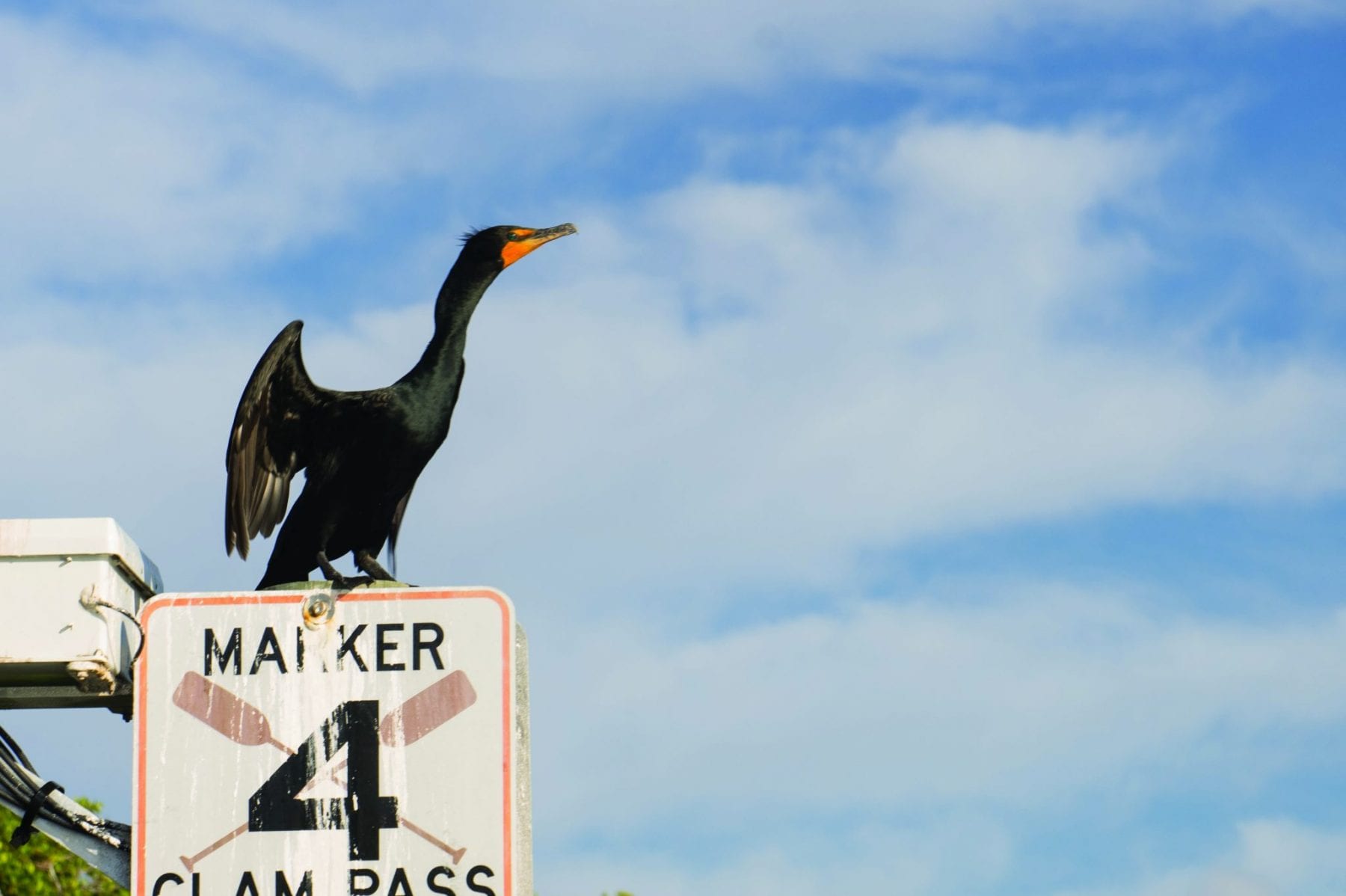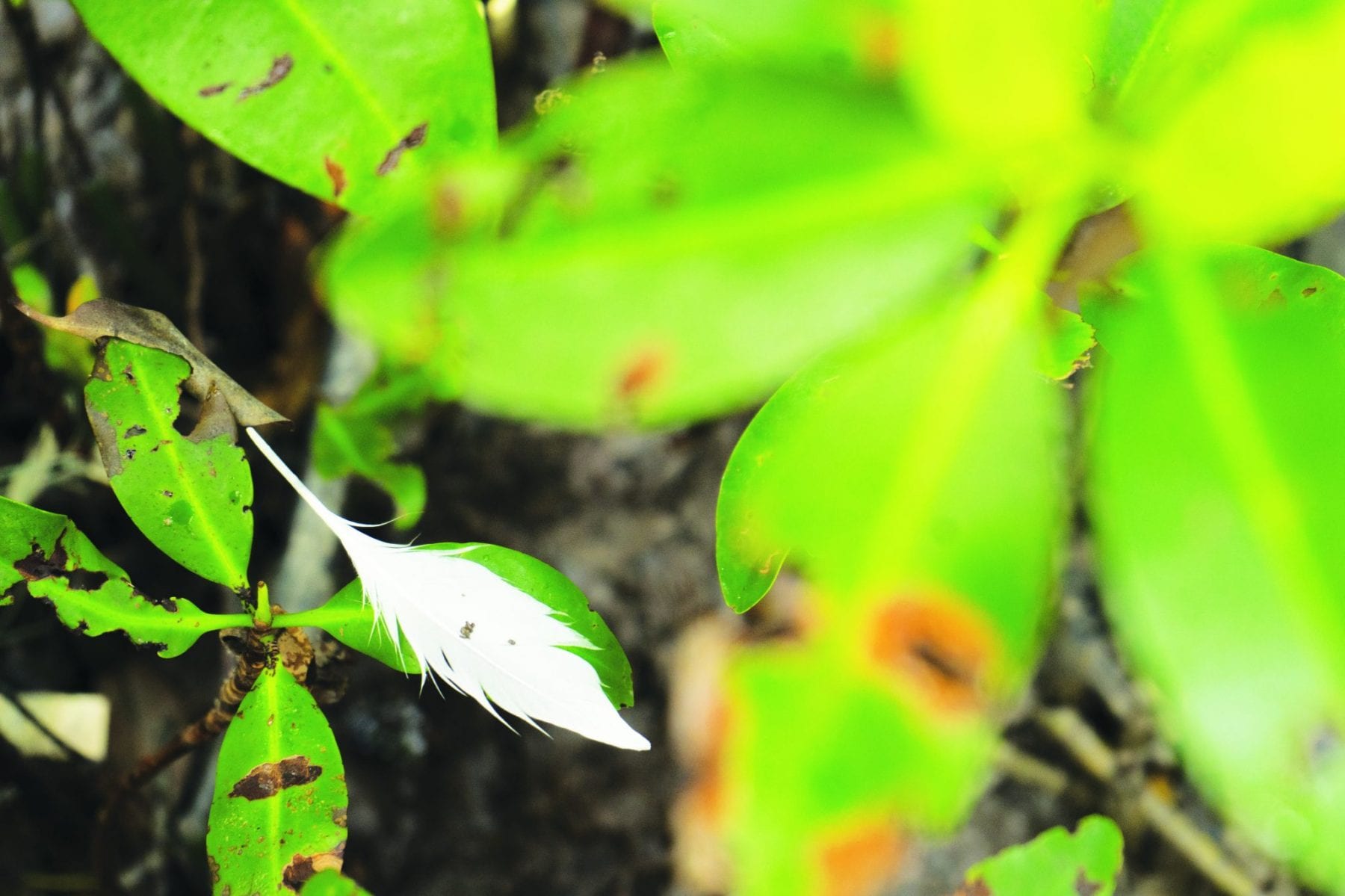by Leif Johnson
With the sun rising ever higher overhead, we go about our work, yelling measurements, ID numbers, and distances back and forth. The occasional kayaker floats by, peering through the trees in bewilderment while the tide creeps in like growing grass, unnoticed until you’re ankle deep in water.
City sounds pierce the silence, filling the spaces between branches with the shrieks of sirens and drone of traffic. It’s now an impossible task to escape these invasive reminders, but, here and there, a brief lull can set in and for the slightest moment in time a primal silence seems to peel away the decades. For a second the rush of traffic is washed over by the sound of nearby waves, the rustle of the wind and songs of birds retain their rightful place among the leaves and in that instant, everything seems right.
It’s those times I enjoy most, enveloped in a world that, aside from the trash, remains indistinguishable from hundreds of years ago. That these moments still exist brings me peace and empowers me to work harder to protect them and by the time the last number is called and our patients are all accounted for, the sun is fast closing in on the western horizon.
In the fading light, we pack up our gear and head out, high stepping and ducking our way out of the dense lattice work of roots and branches. As we stumble through the mud I almost get the sense that we’re not supposed to be here, as if these forests are too delicate for the cumbersome gait of humans, but these are resilient places and I can’t help admiring the hardiness of the plants that call them home. They fill a tough niche, or role, in the environment, bridging the gap between terrestrial and marine habitats.
The bravest of the land plants, adrenaline junkies of a sort, these trees dare to venture out into the seas, pushing the limits for all plant kind.
The Conservancy of Southwest Florida has been monitoring this system since 1999 making it one of the longest running mangrove studies in the state. Over the decades, with multiple monitoring plots scattered throughout, we’ve worked to gain an understanding of how the forest is faring.


